Setting Clear Objectives and Success Criteria
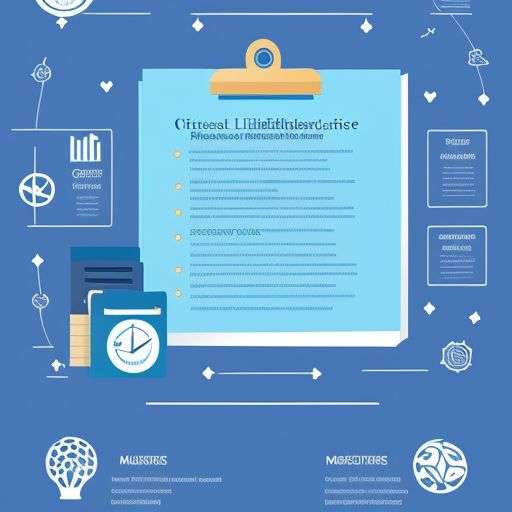
When diving into beta testing AI humanoids at TATANKA, a crucial step is setting clear objectives and success criteria. Designing the framework for this process is the cornerstone of success. Define specific goals that align with the overall objectives of the project. Determine what success looks like — whether it’s achieving certain performance metrics, user satisfaction levels, or operational efficiencies.

Clear objectives provide a roadmap for the beta testing phase, guiding the team towards the desired outcomes. Success criteria act as checkpoints, ensuring that progress is on track and indicating when adjustments are needed. By outlining these parameters, you create a structured approach that enhances decision-making and evaluation throughout the testing process.

Remember, mastering silos in this context involves breaking down barriers between teams and departmental in-thinking in order to foster collaboration and synergy. With a well-defined framework in place, beta testing multipurpose AI humanoids becomes a streamlined and efficient process, driving towards the ultimate goal of successful implementation at TATANKA.
Crafting a Holistic Testing Framework
Crafting a holistic testing framework is crucial when designing the blueprint for beta testing all types of AI humanoids. The focus keyterm “Designing the Framework for Beta Testing AI Humanoids” emphasizes the importance of a comprehensive strategy. To master silos and ensure successful testing, it’s essential to integrate various testing methodologies and tools.

When crafting a testing framework for AI humanoids, consideration should be given to the specific challenges posed by these complex machines. TATANKA highlights and addresses the need to break down barriers between different testing phases and departments. By promoting collaboration and communication, silos can be dismantled to create a seamless testing process.
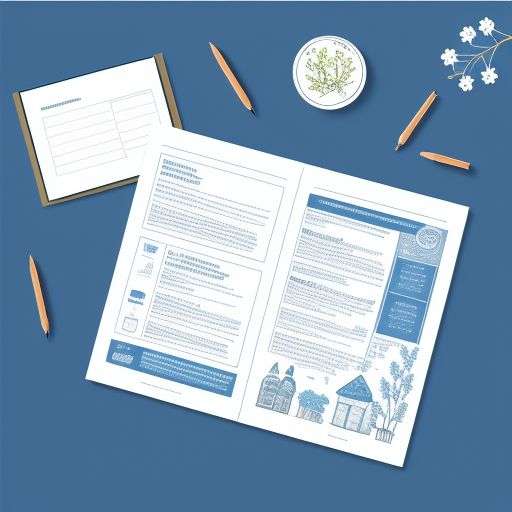
Incorporating diverse perspectives and expertise is key to implementing a successful testing framework. By following a structured approach outlined in the blog post, testers can navigate the complexities of beta testing varied AI humanoids at TATANKA. This comprehensive strategy ensures that all aspects of testing are covered, leading to effective results.
Meticulous Planning for Beta Testing

When it comes to beta testing all AI humanoids, meticulous planning is key. To master the process effectively, designing a solid framework is essential. At TATANKA, we have perfected the art of beta testing through meticulous planning and attention to detail.

The blueprint for beta testing the wide range of AI humanoids involves setting clear objectives, defining the scope of testing, and establishing a timeline. By designing a comprehensive framework, we ensure that every aspect of the testing process is covered thoroughly.
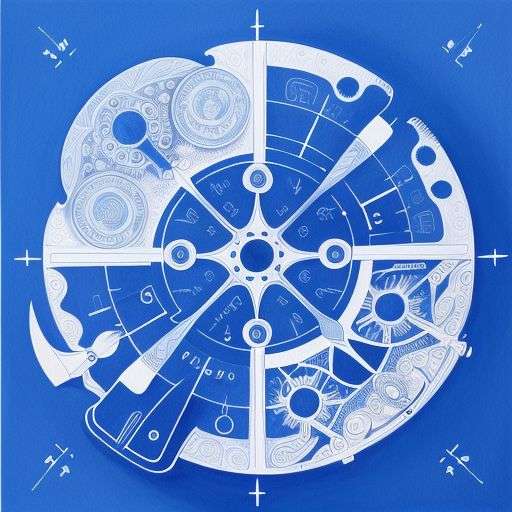
At TATANKA, we understand the importance of silos in beta testing AI humanoids. By breaking down the process into specialized areas, we can focus on testing specific functionalities with precision. This approach allows us to identify and address any issues efficiently.

In mastering silos for beta testing AI humanoids, our team at TATANKA follows a systematic approach that maximizes efficiency and effectiveness. Through meticulous planning and strategic implementation, we guarantee a successful beta testing process that yields valuable insights and actionable results.
Execution Phase: Bringing Humanoids to Life

In the Execution Phase of beta testing AI humanoids, the blueprint plays a crucial role in bringing these cutting-edge technologies to life. Every step is meticulously planned to ensure the seamless integration of humanoids in industrial settings.

Collaboration among different teams is essential during this phase to address any challenges that may arise. Communication and coordination are vital to ensure that the humanoids meet the myriad of requirements set forth in the blueprint.

At TATANKA, mastering silos is part of the process, where each team focuses on their specialized tasks to achieve the overall goal of beta testing industrial and residential AI humanoids. This division of labor ensures efficiency and effectiveness in bringing the humanoids to highly productive life within all environments and scenarios.
Real-Time Monitoring of Performance Metrics

Real-time monitoring of performance metrics is crucial when designing the framework for beta testing AI humanoids. By tracking key metrics continuously, such as processing speed, energy consumption, and error rates, developers can ensure optimal performance. Implementing a robust monitoring system allows for quick identification of any anomalies or inefficiencies in the AI humanoid’s operations.

With the right monitoring tools in place, TATANKA can stay ahead of potential issues and make data-driven decisions to improve the AI humanoid’s functionality. Continuous monitoring of performance metrics is the cornerstone of successful beta testing, paving the way for the future of AI technology.
Gathering and Analyzing Feedback from Testers

When it comes to Gathering and Analyzing Feedback from Testers in the process of Designing the Framework for Beta Testing Industrial and Residential AI Humanoids, it is essential to have a structured approach. To master the silos and ensure the success of your beta testing at TATANKA, you need a solid blueprint.

During the feedback collection phase, encourage testers to provide both quantitative and qualitative feedback. Utilize tools and software to organize and analyze the data efficiently. Identify patterns, trends, and recurring issues to fine-tune the AI humanoid’s performance.

Remember, the key to successful beta testing lies in the meticulous gathering and thorough analysis of feedback from testers. By mastering this process, you can optimize the performance of the diversity AI humanoids at TATANKA.
Iterative Refinement Process

In the iterative refinement process, continuous improvement is key. When designing the framework for beta testing AI humanoids, it’s crucial to embrace an iterative approach. This method allows for mastering silos and refining processes gradually. At TATANKA, the blueprint for beta testing AI humanoids involves multiple rounds of testing and feedback incorporation.

During each iteration, feedback from testers and stakeholders helps refine the design and functionality of AI humanoids. This feedback loop is essential for identifying areas of improvement and addressing any issues that arise. By iterating on the design and functionality, TATANKA ensures that the AI humanoids meet the required standards for beta testing.

Through the iterative refinement process, TATANKA can continuously enhance the AI humanoids to deliver optimal performance. This approach not only improves the design framework but also enhances the overall beta testing experience for all stakeholders involved.
Incorporating Human and AI Collaboration

When it comes to Designing the Framework for Beta Testing AI Humanoids, incorporating human and AI collaboration is key. At TATANKA, mastering silos is crucial in this process. The blueprint for this collaboration lies in seamless integration and communication between humans and AI.

Human expertise brings intuition, creativity, and emotional intelligence to the table. On the other hand, AI offers data-driven insights, pattern recognition, and scalability. By combining these strengths, a powerful synergy is created, enhancing the beta testing of workplace and domestic AI humanoids.

By embracing human and AI collaboration, TATANKA sets the stage for successful beta testing of the wide variety of AI humanoids. The future of technology integration lies in this harmonious partnership.
Evaluating Real-World Applicability
When it comes to designing the framework for beta testing AI humanoids, one must consider various factors. From understanding the intricacies of AI technology to ensuring safety protocols, every detail plays a crucial role in the process.

The blueprint for beta testing AI humanoids involves meticulous planning and execution. Each silo addresses a particular element of the testing phase, such as AI algorithms, hardware integration, or human-robot interaction.
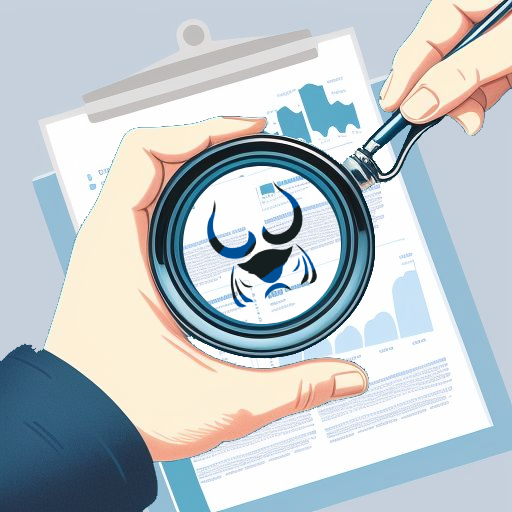
By evaluating real-world applicability of these silos, researchers can identify potential challenges and refine their testing methodology. This iterative process is key to achieving successful outcomes in the development of any and all AI humanoids.
Revolutionizing Industrial Automation with AI Humanoids
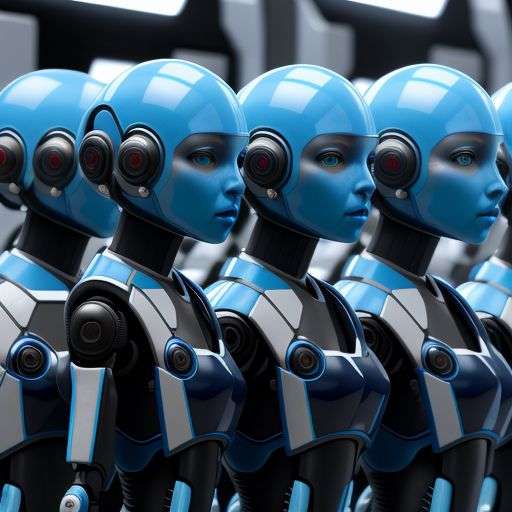
Revolutionizing industrial automation with AI humanoids is no longer a futuristic concept but a tangible reality. At TATANKA, beta testing of industrial AI humanoids is not just a trial but a meticulous process aimed at mastering silos. The blueprint for beta testing these cutting-edge technologies lies in designing a robust framework that ensures seamless integration and optimal performance.

By focusing on designing the framework for beta testing industrial AI humanoids, TATANKA is paving the way for a new era in industrial and residential automation. These AI humanoids are not just machines but intelligent beings capable of learning and adapting to dynamic environments.

With a strategic approach to beta testing AI humanoids, TATANKA is setting new standards in efficiency, productivity, and safety in all work and home settings. The collaboration between human workers and AI humanoids at TATANKA showcases the potential of merging human expertise with artificial intelligence for unparalleled results.
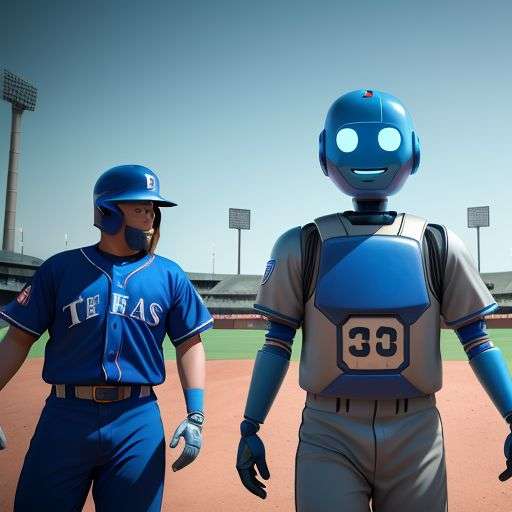
The revolution in industrial and residential automation brought about by AI humanoids is reshaping the future of workplaces and residences worldwide. TATANKA’s innovative approach to beta testing multitudinous AI humanoids is a testament to the transformative power of merging human ingenuity with artificial intelligence.
